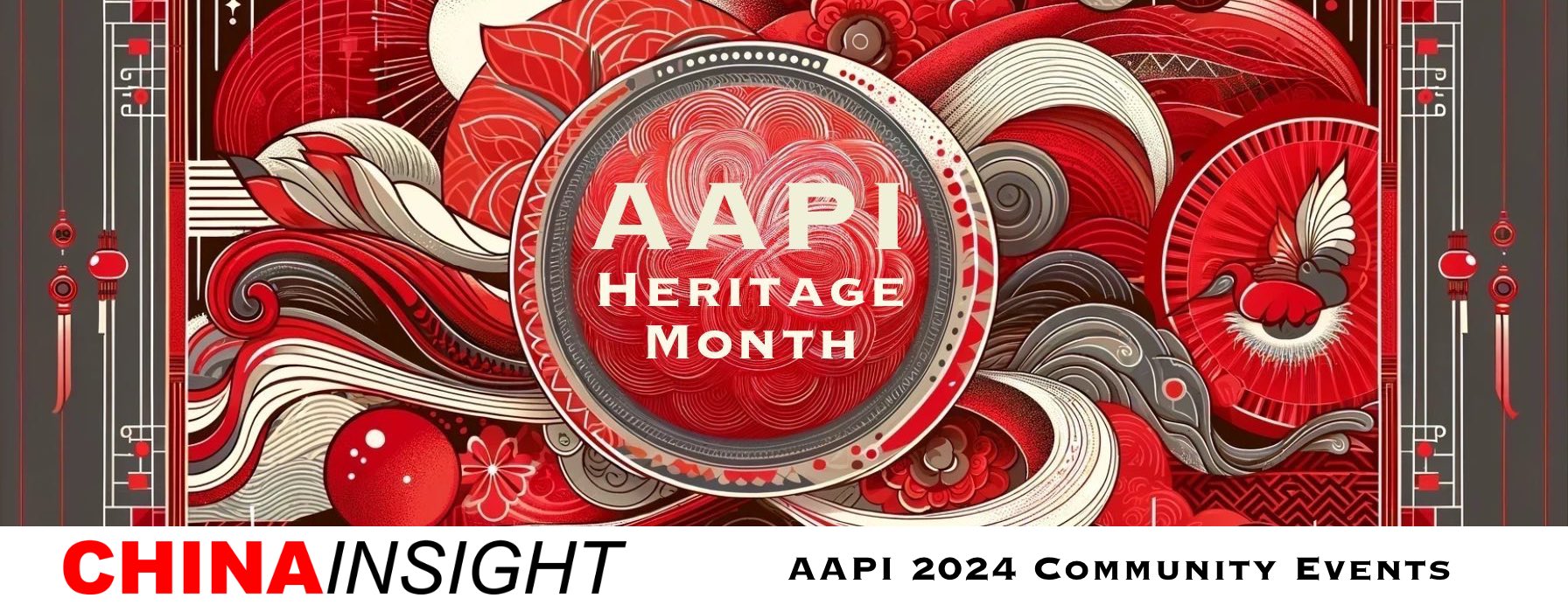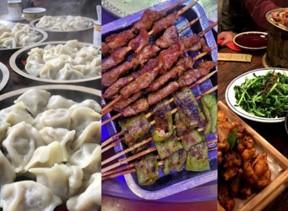Tasty possibilities
Chinese cuisine is renowned the world over. Gourmet food tours are nothing new. But up until now, most of those tours had been geared at foreign tourists and end up in poplar food centres such as Beijing, Chengdu, Shanghai and Xian. What’s new currently is …
Several Chinese cities are combining tourism with culinary heritage to grow “food tourism” among domestic travellers. Shandong Province’s Zibo city as barbecue hot spot is testament to this strategy.
There is a diverse range of cuisines within the different regions of China. For example, Hainan Province’s capital city, Haihou, held a monthlong festival showcasing Song Dynasty poet and gourmand Su Dongpo-related delicacies in March. Chengdu, capital of Sichuan Province, had held food-themed events such as the Chengdu International Food Festival for years. Last August, a food festival in Fujian Province with 126 booths attracted tons of locals and tourists to sample Fujian specialties such as smoked duck, beef balls, sliced meats, and more.
Although not a novel idea, food does drive tourism spending and creates memories for domestic travellers. Tourism experts recommend leveraging the food industry, writers’ and artists’ guilds to promote local culture to visitors to enhance their tourist experience.
China’s improved standard of living means more people can afford to travel for leisure. With their love of eating, food tourism is ripe for taking off in China.
Futuristic car

In 1955, the world’s first solar car, the SunMobile, was introduced at the GM’s Powerama auto show in Chicago. That car was only 15 inches long.
In the early 2000s, university students engaged in engineering projects involving four-wheelers powered by the great ball of fire in the sky. And, anything that moved was considered a success!
Two decades later, solely solar-powered vehicles have moved to startup status. Real-life prototypes will be rolling out of experimental garages soon.
In June 2022, one such vehicle was unveiled by a team in China at the sixth World Intelligence Congress in Tianjin. The vehicle is currently touring the mainland. This car, the Tianjin, is 100% powered by the sun and was developed in merely five months – result of a collaboration of 42 companies and three universities. At 160.6 inches long, it is decidedly bigger than its 1955 predecessor.
The Tianjin is 70 inches wide, 71 inches tall with a 112.2-inch wheelbase. Its solar panels take up 87 square feet on the car’s roof and, on a sunny day, delivers output power of 7.6 kilowatt-hours per day. (It takes approximately seven watt-hours to run essential items in any household for one hour.)
Aimed at zero-pollution, the vehicle can eliminate 55 pounds of harmful carbon pollution for every 62 miles travelled. However, the maximum range is only 47 miles with a top speed of only 49 mph. A Tesla it is not (yet)!

However, it does include seating for a driver and three passengers in the back. It has a touchscreen display and three buttons in place of a steering wheel. It is “equipped to perform autonomous driving at Level 4 and above.” It also has a battery pack with an energy density of 330 watt-hours per kilogram.
The Tianjin is said to be “an exciting step toward the goal of a zero-pollution transportation system.”
Other companies in the solar car race are Eindhoven-based Lightyear and San Diego-based Aptera. As reported by MarketWatch, “The Global Solar Powered Vehicle Market is projected to grow from US$ 1.1 billion in 2022 to US$ 4.1 billion by 2030,” — a compound annual growth rate of 21 percent during the forecast period (2022-2030}.
Comedian silenced

Anyone who enjoys a good laugh about non-Chinese cooking Chinese dishes can understand the endearing laments of “Haiyaa!” by Uncle Roger in his “vidgeos.” Perhaps he should’ve stuck to the hunourous cooking comments.
His good-natured ribbing is generally well-received. However, 32-year-old London-based Malaysian comedian “Uncle Roger” recently ran afoul of the Chinese authorities after he published clips from a live show where he joked about China’s authoritarian government. The CCP failed to see the humour in that!
“Uncle Roger,” whose real name is Nigel Ng, shot to fame a few years ago with a video of a heavily accented man poking fun at BBC food presenter Hersha Patel’s preparation of Chinese fried rice. In May, he posted on Twitter his skits about mainland Chinese politics and President Xi Jinping, which landed him in deep doo-doo with the Chinese authorities and led him to presciently announced he was “about to get canceled.” He tongue-in-cheek “begged” the Chinese Communist Party not to “make him disappear.” By May 20, his Weibo account was blocked “due to the violation of relevant laws and regulations” with no further details. His account on Bilibili also had been suspended.
In the offending “vidgeo,” Uncle Roger asked an audience member where he’s from. The man answered, “Guangzhou, China,” to which Uncle Roger made a face and quipped, “Good country! Good country! We have to say that now, correct? All the phones listening … this nephew got Huawei phone, they all listening.” He then tapped his phone in his pocket, adding, “…long live President Xi, long live President Xi … phew.”

As a parting shot, Uncle Roger posted, “Haiyaa, the day finally arrived. Uncle Roger talk too much s*** and now all my Chinese social media SUSPENDED. Uncle Roger always talked s*** about everybody. It doesn’t matter if you BBC, CCP (Chinese Communist Party), Jamie Oliver – nobody safe.” He also tweeted, “If you support free speech and comedy, go buy The HAIYAA Special, dropping June 4: moment.co/mrnigelng.” The release date coincides with the 34th anniversary of the Tiananmen Square Massacre.
Another comedian, Li Haoshi, was arrested early May over a joke about stray dogs (a well-known phrase from about 10 years ago used in reference to the People’s Liberation Army), an act made criminal in 2021. Li could face up to three years in prison while one of his fans was detained for posting support for Li.
Reversed roles

My, how times have changed! Used to be mainlanders sought help from Hong Kongers to buy luxury goods for them. Now, a new, booming “Buy for you” industry is thriving across the border in Shenzhen.
Hong Kongers’ pursuit of their favourite snacks at a lower price or a brand that’s not available in Hong Kong has created a network of “buying agents” in Shenzhen using social media platforms to solicit business. And what are the top-sought items on the buying list? Barbecued meals, bubble tea, hotpot meals, pastry and spicy crayfish. No surprise that these are also the items being promoted by mainland “influencers” on social media targeting Hong Kong’s young adults.
The sight of Hong Kong visitors enduring long queues to eat at food streets and shop at old stores in urban villages of Guangzhou and Shenzhen was not lost on the mainlanders. Smelling opportunities, the first batch of food purchase agents hatched.
Hong Kongers use the social platforms such as Xiaohongshu and Douyin to put in their orders. Most orders are for “gourmet” foods. According to media reports, Hong Kong Financial Secretary Paul Chan Mo-po visited and was quite impressed by Hema, an Alibaba supermarket with an integrated online and offline logistics system. Hema also developed many private brands and its app makes shopping online seamless. Free delivery within a 2-mile radius does not hurt either! However, its data collection also means Alibaba knows every purchase customers make and use that to optimize its product offerings. Hema’s store sales had grown exponentially year-on-year. They are slated to open more stores and maintain double-digit growth through 2023.
Hong Kongers engaging mainland buyers enjoy price-savings. For example, a cup of bubble tea in HK costs US$5 on average and through buying agents, US$2. Price of one hotpot meal in Hong Kong can buy two from China. So even after tagging on an agent fee, it’s still cheaper!
And, since there’s myriad of promotions from mainland bubble tea and snack shops, it’s easy to understand the increasing popularity of “reversal purchasing.”


